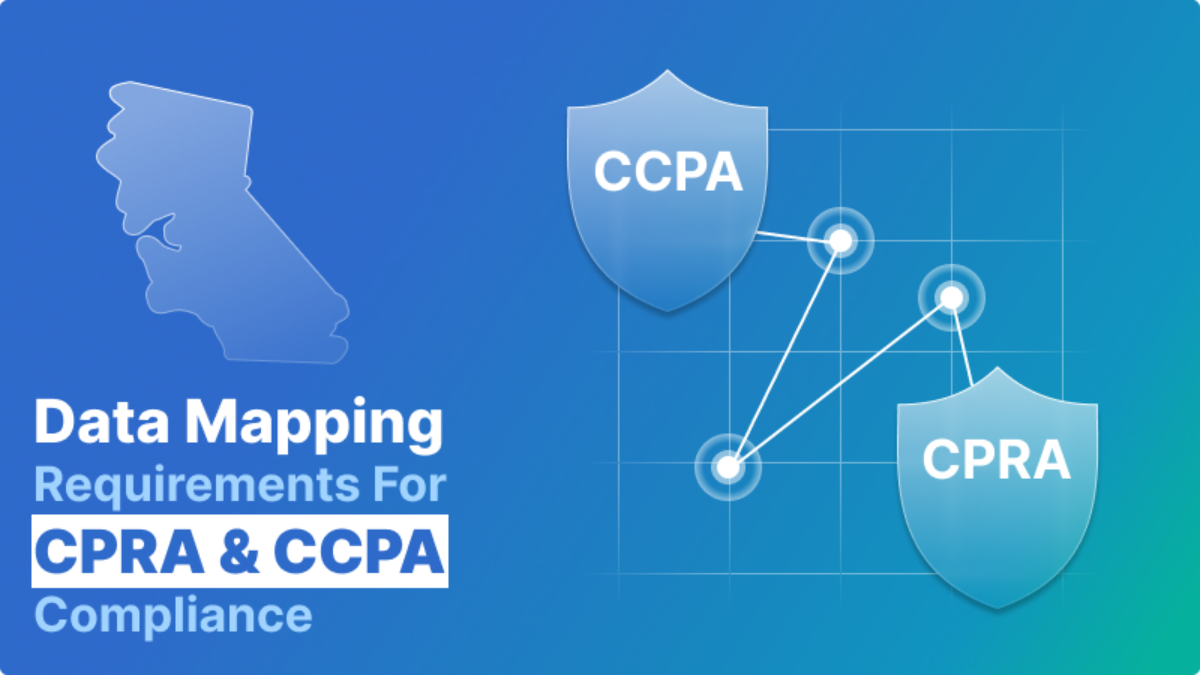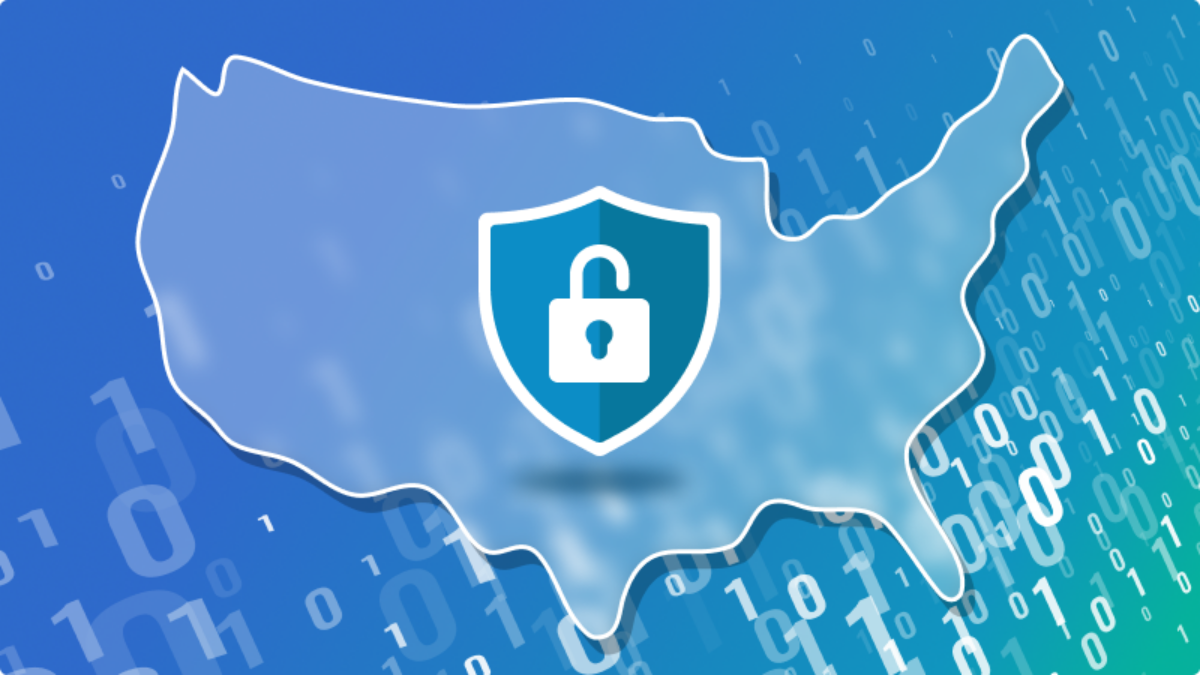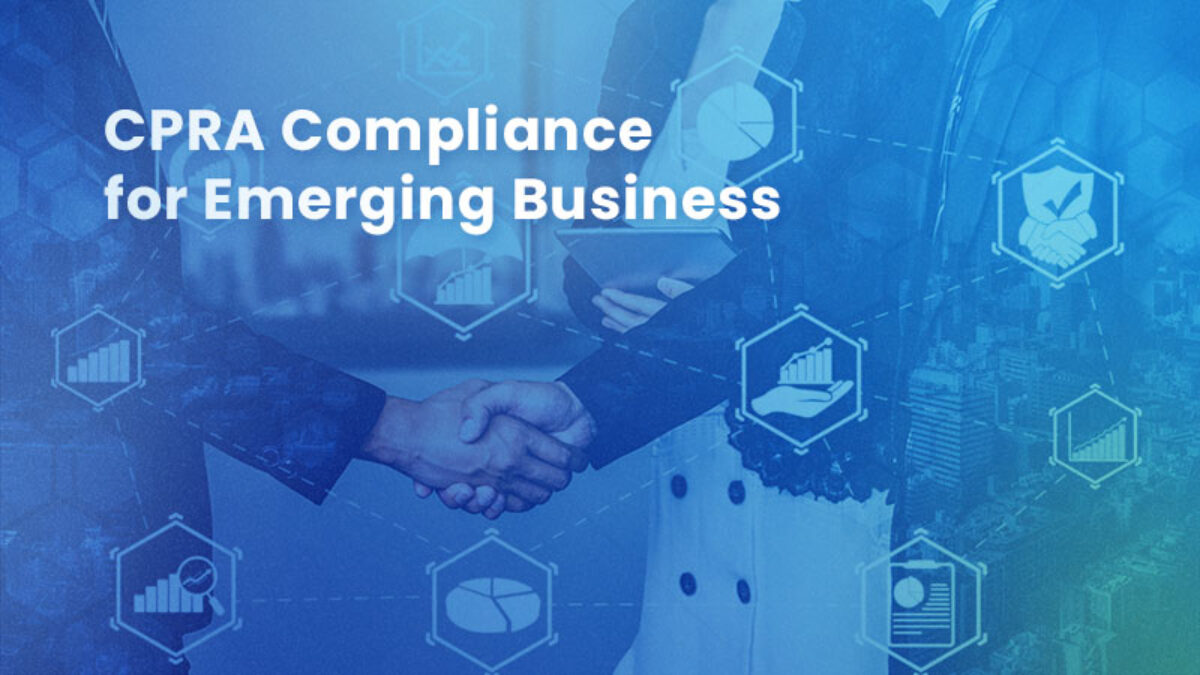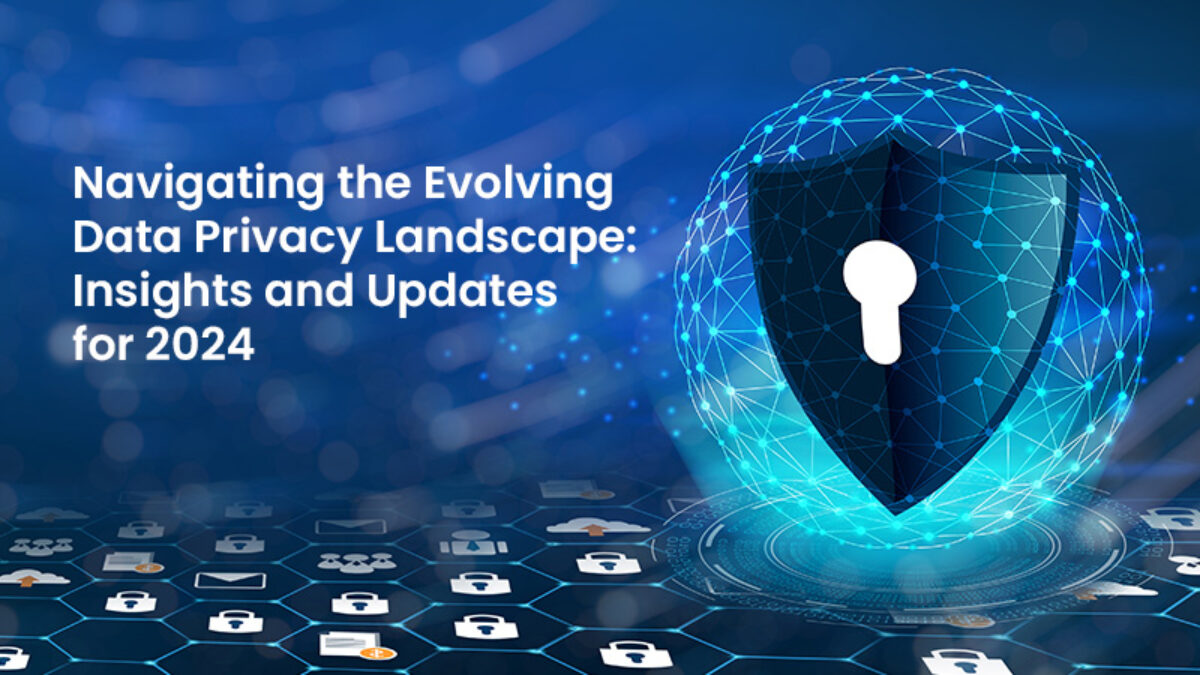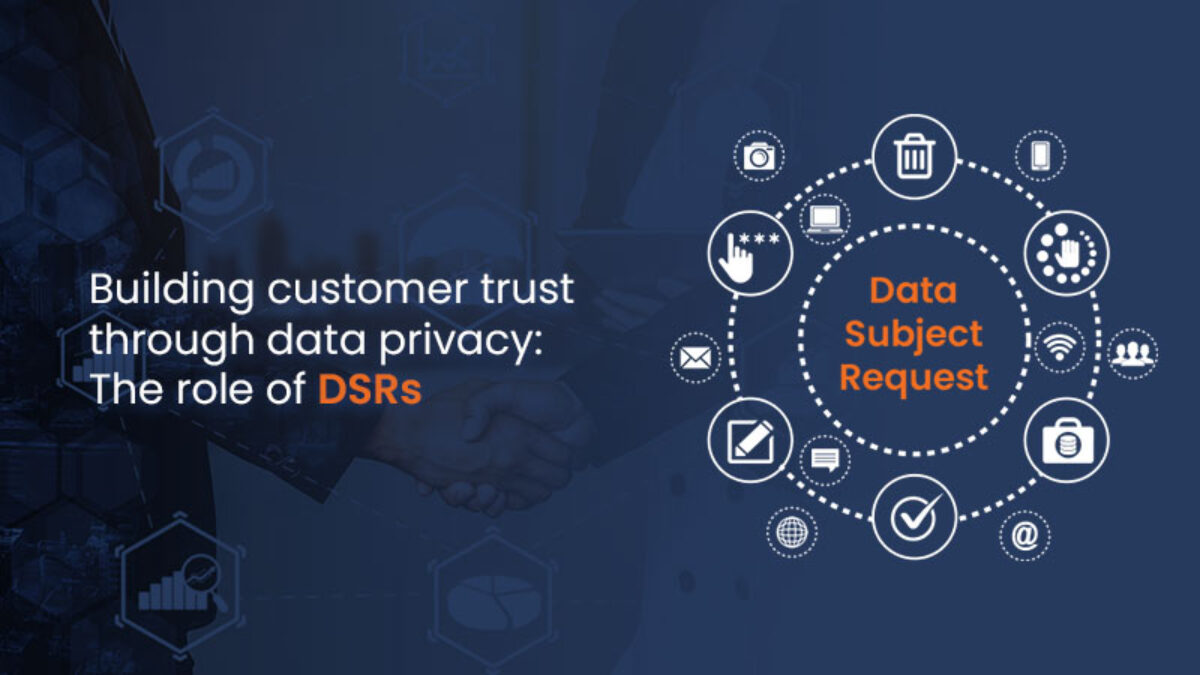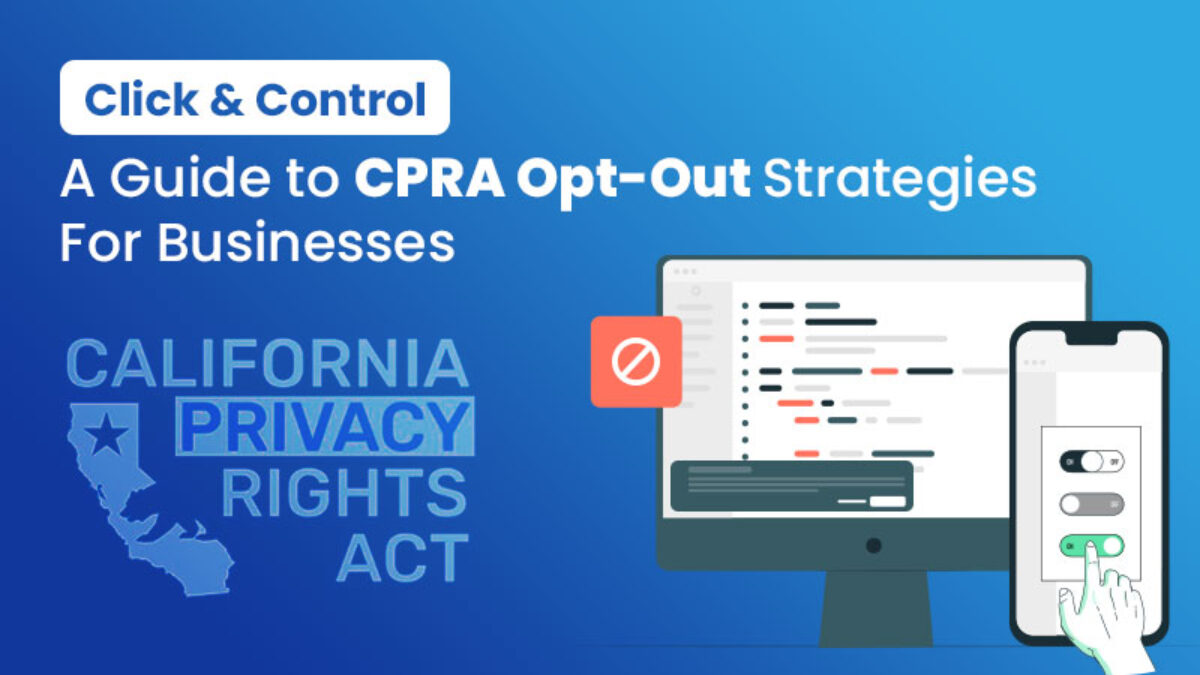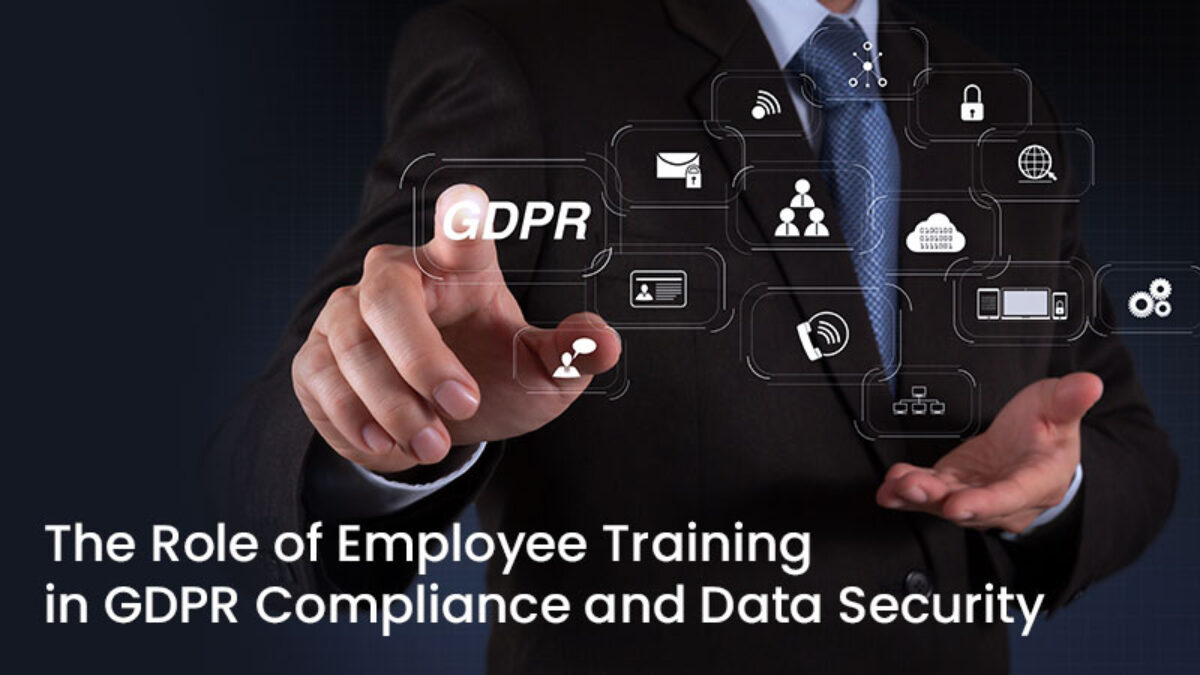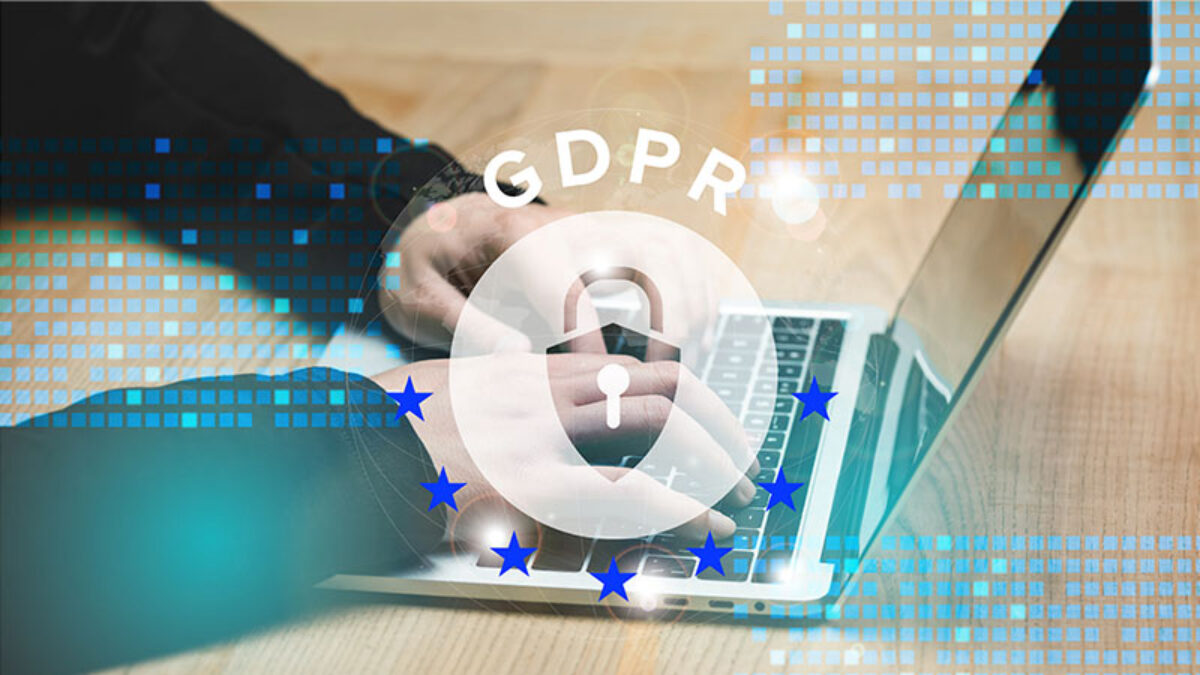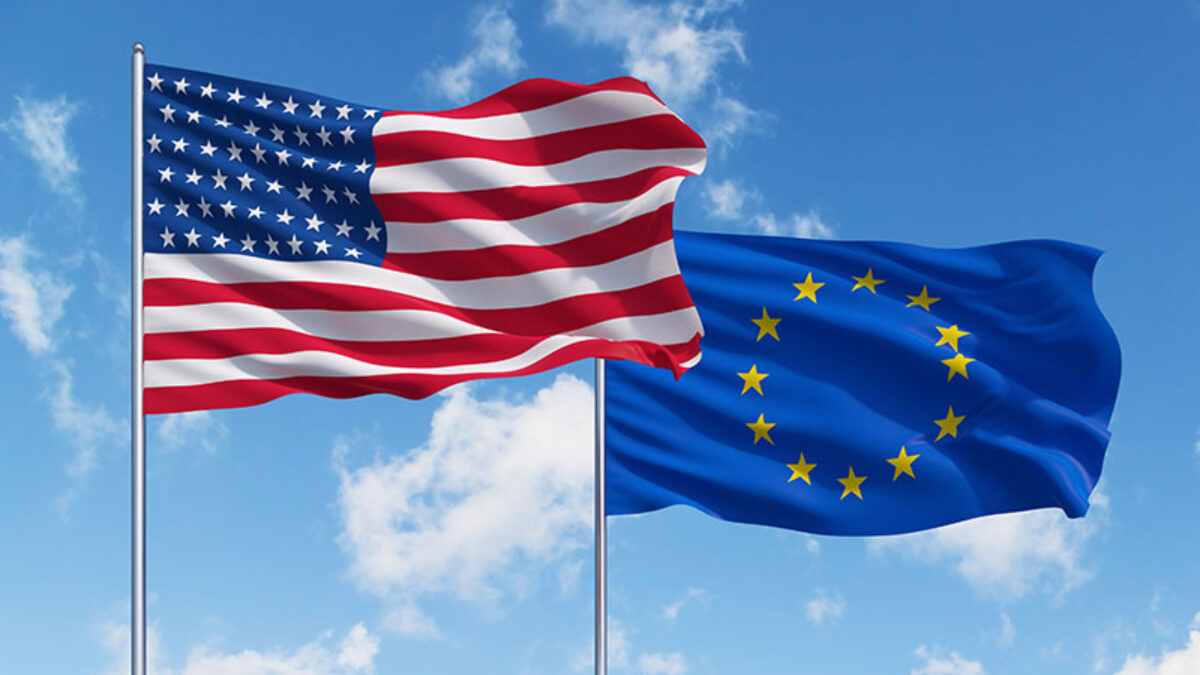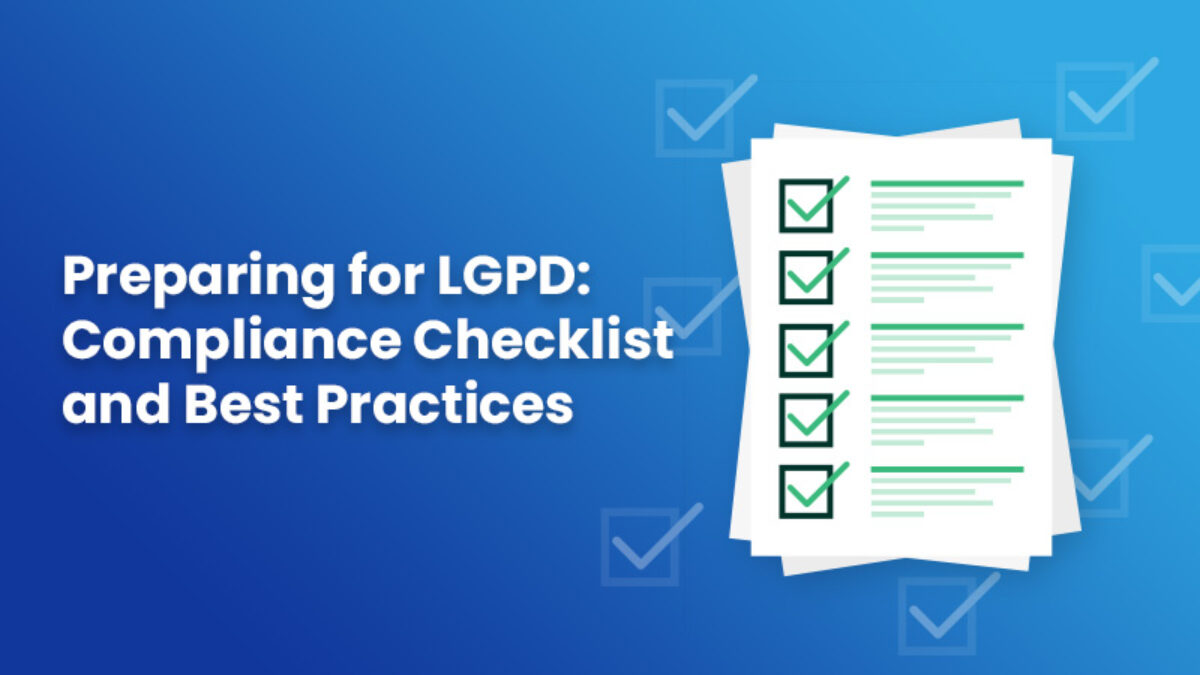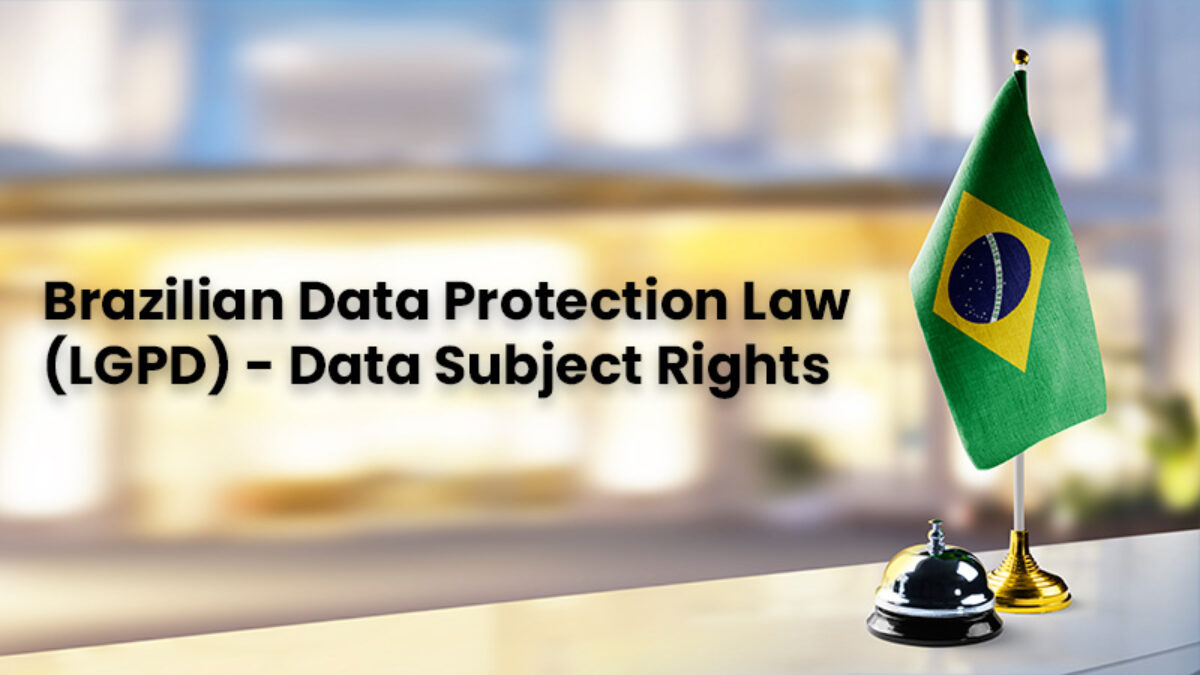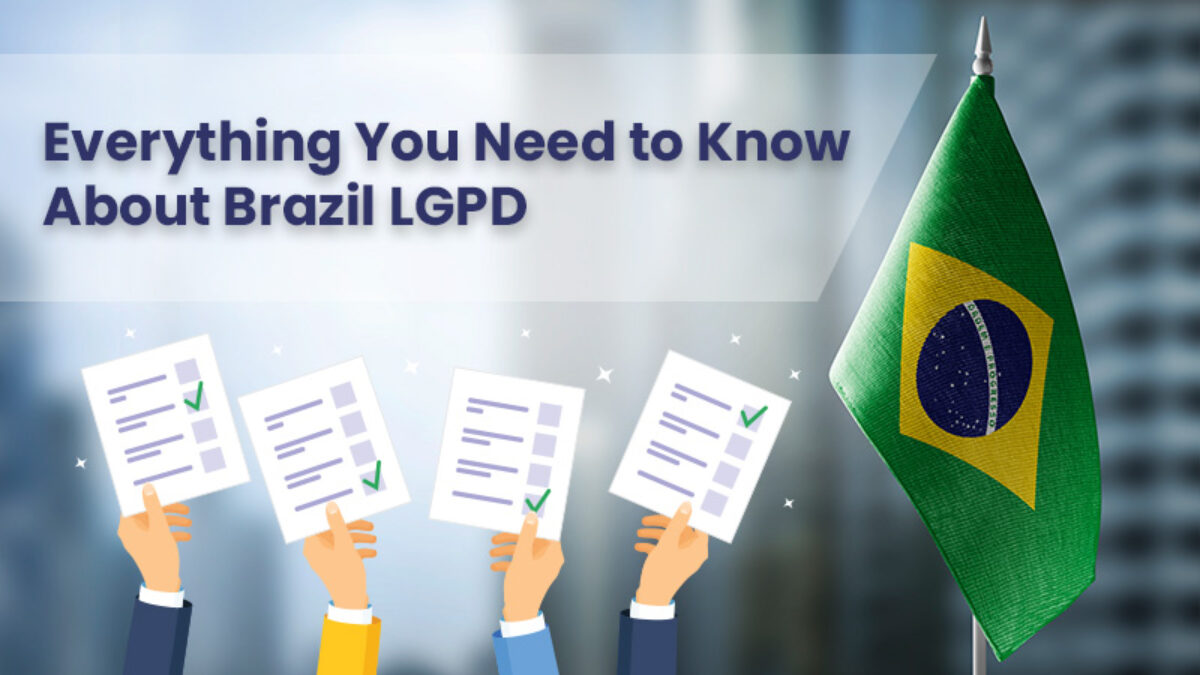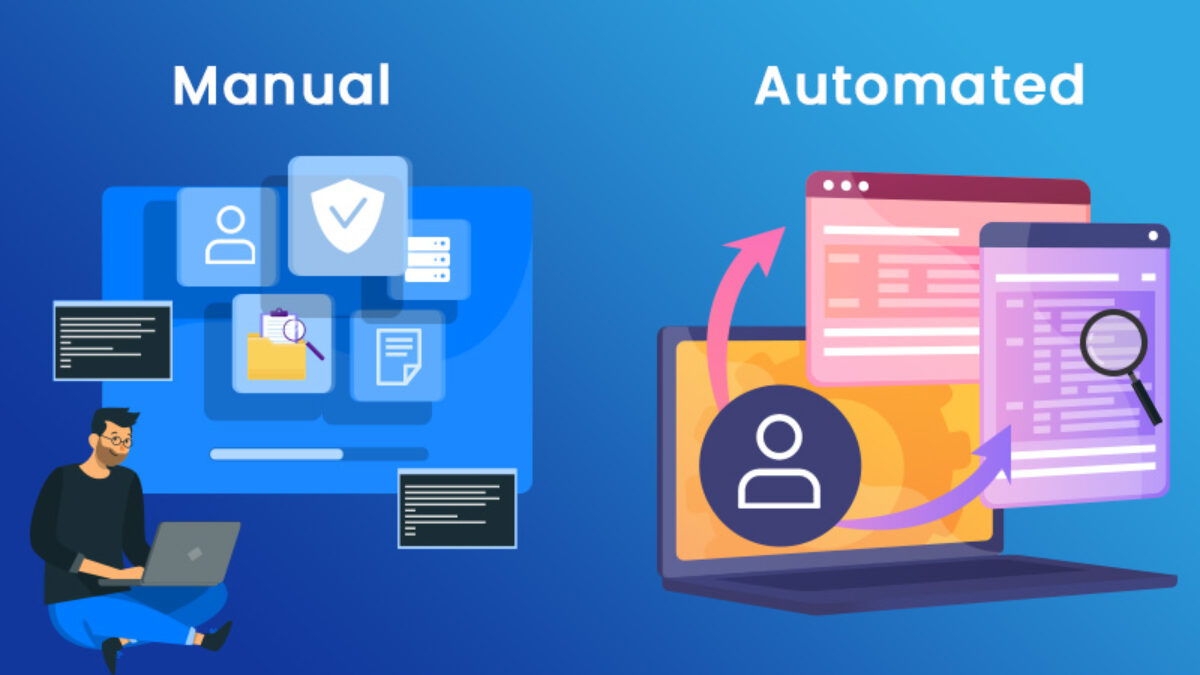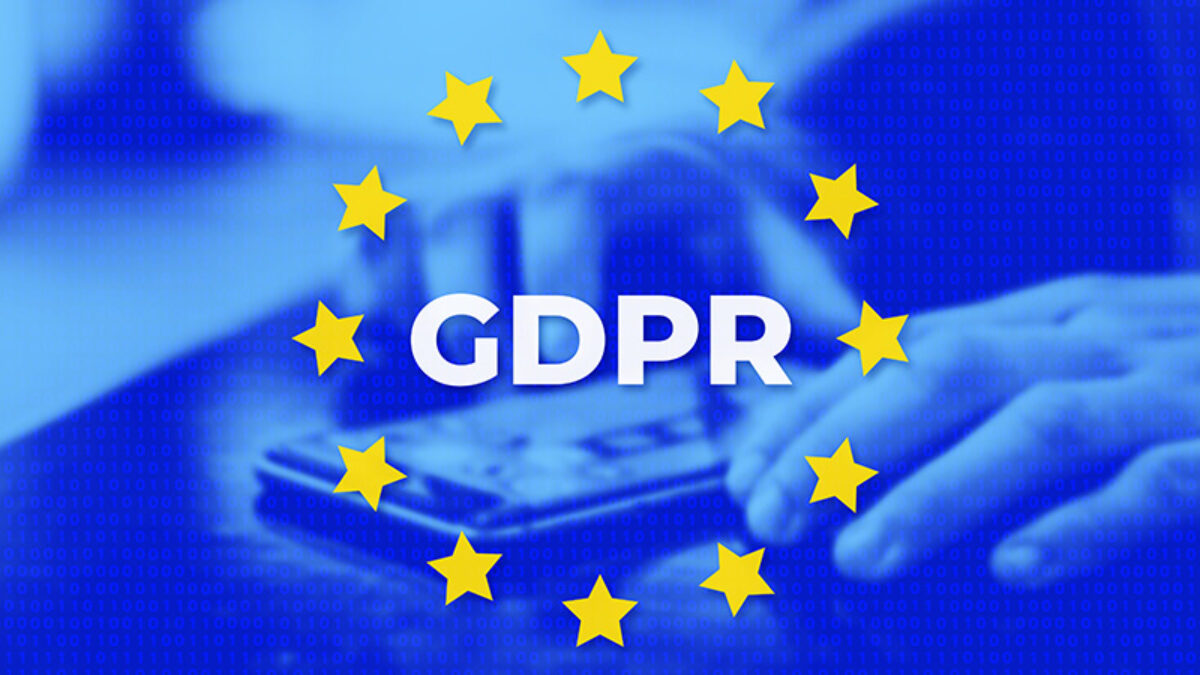Data Privacy Compliance in E-commerce: Navigating the Complex Landscape

In the digital age, data privacy has emerged as a critical concern for businesses, particularly those operating in the e-commerce sector. As online shopping continues to grow exponentially, so does the volume of data being generated, stored, and processed. This has brought data privacy compliance to the forefront, with regulators worldwide enacting stringent laws to protect consumers’ personal information. Navigating this complex landscape can be challenging, but it’s essential for e-commerce businesses to understand and adhere to these regulations. In this blog post, we’ll explore the key aspects of data privacy compliance in e-commerce and provide actionable insights for businesses to stay compliant.
Understanding Data Privacy Regulations
Several regulations govern data privacy and protection globally, such as the General Data Protection Regulation (GDPR) in Europe, the California Consumer Privacy Act (CCPA) in the United States, the Personal Information Protection and Electronic Documents Act (PIPEDA) in Canda and the Personal Data Protection Bill in India, among others. These regulations aim to give consumers greater control over their personal data and impose strict obligations on businesses to ensure data protection.
- General Data Protection Regulation (GDPR): The GDPR, in effect since 2018, sets the gold standard for data privacy in the European Union. It grants individuals extensive rights over their personal data, including the right to access, rectify, and erase it.
- California Consumer Privacy Act (CCPA): Inspired by the GDPR, the CCPA gives California residents similar rights to control their personal information.
- Personal Information Protection and Electronic Documents Act (PIPEDA): In Canada, PIPEDA governs the collection, use, and disclosure of personal information by organizations.
Key Principles of Data Privacy Compliance
- Consent Management: Obtain explicit consent from consumers before collecting their data and ensure they have the option to withdraw consent at any time.
- Data Minimization: Collect only the data that is necessary for the specified purpose and store it securely.
- Transparency and Accountability: Maintain transparency about how data is collected, processed, and shared, and establish accountability measures to ensure compliance.
- Data Security: Implement robust security measures, such as encryption and regular audits, to protect data from unauthorized access and breaches.
What is E-commerce Compliance in Regards to Privacy?
E-commerce compliance in regards to privacy refers to the adherence of online businesses to data protection and privacy laws and regulations. This involves ensuring that consumer data is collected, processed, and stored in a manner that complies with applicable laws, such as the GDPR, CCPA, and other regional data protection regulations. E-commerce businesses must implement measures to protect consumer data, obtain explicit consent for data collection, and provide transparency about their data handling practices.
Why Is Data Privacy Required for E-commerce?
Data privacy is essential for e-commerce businesses for several reasons:
- Trust and Reputation: Ensuring data privacy builds trust with consumers, enhancing your brand’s reputation and credibility.
- Legal Compliance: Non-compliance with data privacy regulations can result in severe penalties, including fines and legal actions, which can have a detrimental impact on your business.
- Consumer Rights: Data privacy regulations empower consumers by giving them control over their personal information, fostering a sense of security and confidence in online transactions.
- Competitive Advantage: Adopting robust data privacy measures can differentiate your e-commerce business from competitors, attracting privacy-conscious consumers.
Essential Elements of an E-commerce Compliance Strategy
A comprehensive e-commerce compliance strategy should encompass the following essential elements:
- Consent Management: Implement mechanisms to obtain explicit consent from consumers before collecting their data and provide options for users to withdraw consent.
- Data Minimization: Collect and process only the necessary data for specific purposes and ensure secure storage and handling of data.
- Transparency and Accountability: Maintain transparency in data handling practices and establish accountability measures, such as data protection officers and regular audits, to ensure compliance.
- Data Security: Implement robust security measures, including encryption and firewalls, to protect data from unauthorized access and breaches.
- Training and Awareness: Educate employees about data privacy regulations and best practices through regular training and awareness programs.
Challenges in E-commerce Data Privacy Compliance
E-commerce businesses face unique challenges in ensuring data privacy compliance due to the nature of online transactions and the vast amount of data involved. Some of the common challenges include:
- Cross-border Data Transfers: E-commerce businesses often operate globally, making it challenging to comply with varying data privacy laws across different jurisdictions.
- Third-party Integrations: Many e-commerce platforms integrate with third-party services, increasing the risk of data exposure if these services are not compliant with data privacy regulations.
- Data Breaches: E-commerce websites are prime targets for cyber-attacks, and a data breach can have severe repercussions, including financial penalties and reputational damage.
Best Practices for E-commerce Data Privacy Compliance
To navigate the complex landscape of data privacy compliance in e-commerce, businesses can adopt the following best practices:
- Conduct a Data Privacy Audit: Regularly review and assess your data handling practices to identify any potential compliance gaps and take corrective action.
- Implement Privacy by Design: Incorporate data privacy considerations into the design and development of your e-commerce platform, ensuring that privacy measures are built-in from the outset.
- Provide Clear Privacy Notices: Clearly communicate your data privacy practices to consumers through easily accessible privacy policies and notices, explaining how their data will be used and protected.
- Train Your Staff: Ensure that your employees are well-trained on data privacy regulations and best practices to mitigate the risk of non-compliance.
- Monitor and Update: Stay informed about changes in data privacy laws and regulations and update your compliance measures accordingly.
Emerging Trends in E-commerce Privacy
Several emerging trends are shaping the landscape of e-commerce privacy:
- Enhanced Consent Management: With advancements in technology, businesses are leveraging AI and machine learning algorithms to enhance consent management, providing more personalized and transparent user experiences.
- Blockchain Technology: Blockchain is increasingly being used to enhance data security and transparency in e-commerce transactions, ensuring that data is immutable and tamper-proof.
- Privacy by Design: The concept of ‘Privacy by Design’ is gaining traction, emphasizing the integration of data privacy considerations into the design and development of e-commerce platforms from the outset.
- Global Harmonization: There is a growing trend towards global harmonization of data privacy laws, with international frameworks such as the APEC Privacy Framework and the Global Privacy Assembly aiming to create a unified approach to data protection.
Conclusion
Navigating the complex landscape of data privacy compliance in e-commerce is crucial for online businesses to build trust, ensure legal compliance, and maintain a competitive edge. By understanding the significance of data privacy, implementing essential compliance elements, and staying abreast of emerging trends, e-commerce businesses can navigate the challenges and opportunities of the digital age effectively. Investing in robust data privacy compliance measures not only protects your business from potential risks but also fosters trust and loyalty among consumers, ultimately contributing to your long-term success in the e-commerce industry.
